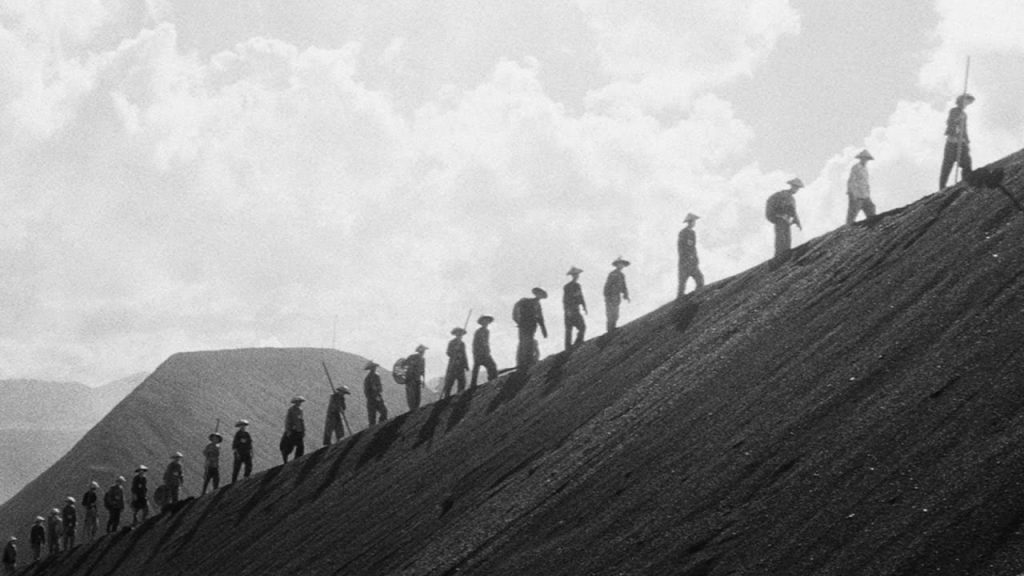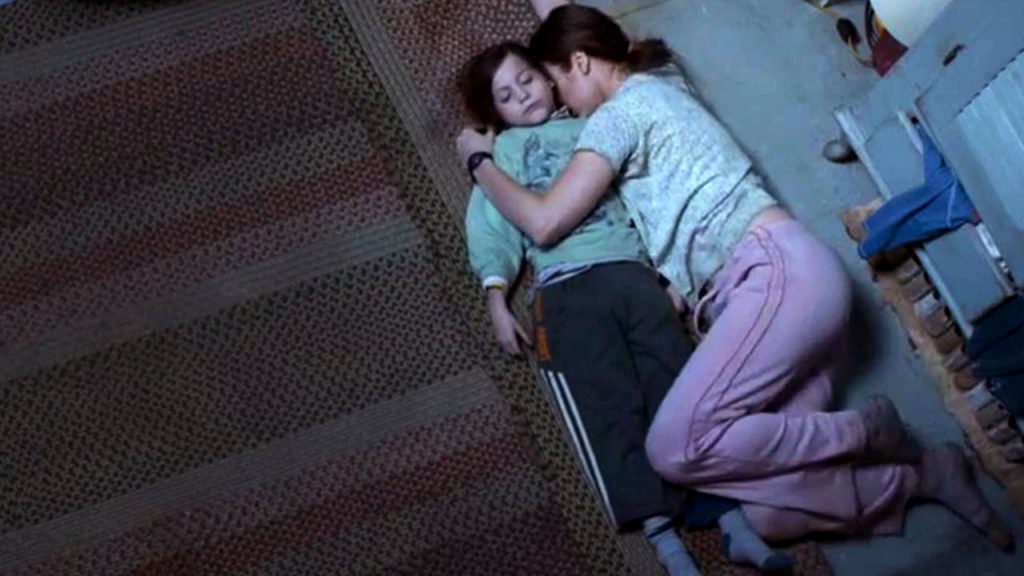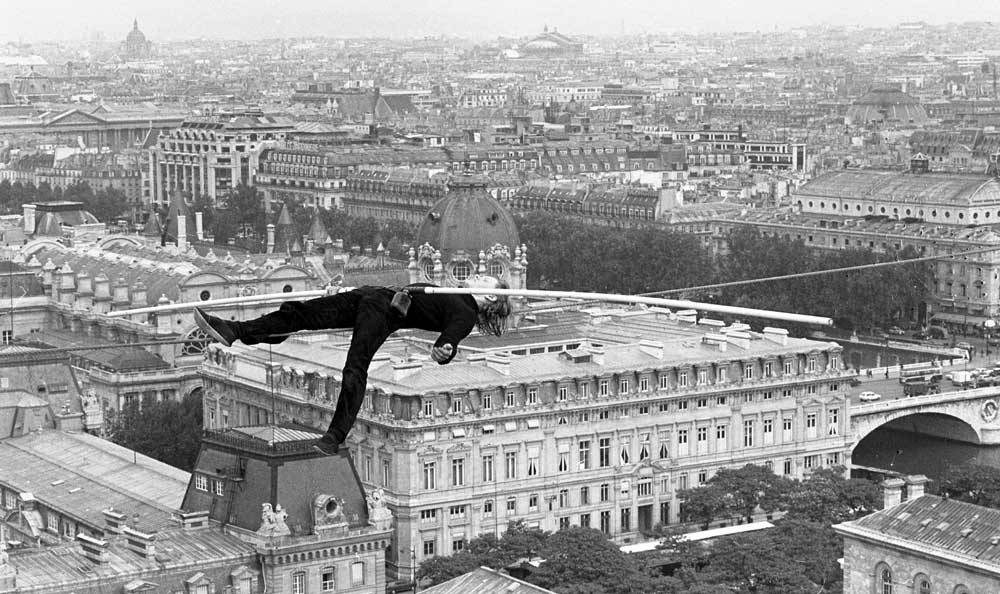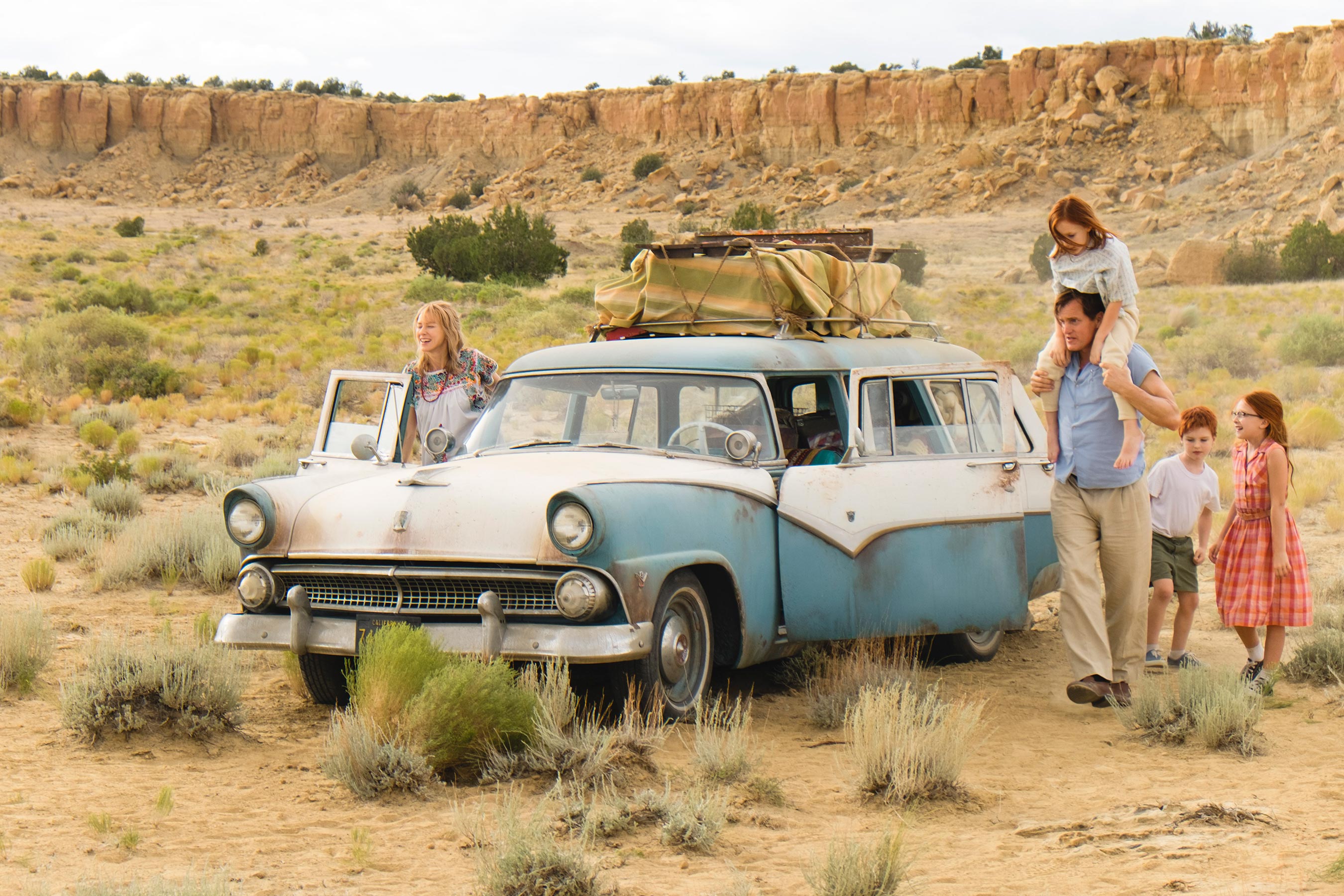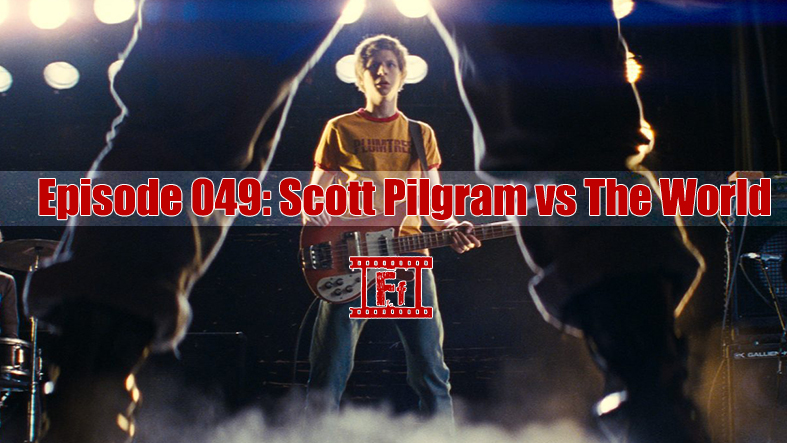Welcome to You Should Be Watching, my weekly opportunity to introduce you to a variety of great films, gems of the past and present, available for you to stream from Netflix, Amazon Prime, FilmStruck, and anywhere else streams are found. This week I’m recommending an epic wartime trilogy about a man striving to live up to his pacifist ideals in 1940s Japan, an award-winning film about a mother and her son whose entire world is the room they live in, expiring from Amazon Prime soon, and lastly a fascinating documentary detailing the exploits of the man who famously walked a wire between the Twin Towers of Manhattan. Also, this week is your last chance to catch Captain America: Civil War on Netflix.
STREAMING PICKS OF THE WEEK
The Human Condition Trilogy
Year: 1959, 1960, 1961
Director: Masaki Kobayashi
Genre: Drama, History, War
Cast: Tatsuya Nakadai, Michiyo Aratama, Chikage Awashima, Ineko Arima, Sô Yamamura, Akira Ishihama, Kôji Nanbara, Seiji Miyaguchi, Tôru Abe, Masao Mishima, Eitarô Ozawa, Kôji Mitsui, Akitake Kôno, Nobuo Nakamura, 山茶花 究, Eijirō Tōno, Shinsuke Ashida, Keiji Sada, Yasushi Nagata, Yoshio Kosugi, Toshiko Kobayashi, Taiji Tonoyama, Akira Tani, Junji Masuda, Torahiko Hamada, Teruko Kishi, Takamaru Sasaki, Akio Isono, Jun Ôtomo
The Human Condition, Masaki Kobayashi’s epic wartime trilogy is set in Japan during World War II. It represents one man’s complete journey to balance his drive to care for and protect the woman he loves against risking everything to live according to his idealistic principles. From technical details like his perfect blocking and shot construction to the universal concepts of romantic love, sacrifice, and the desire of all mankind to be treated with dignity, Kobayashi’s directorial and storytelling expertise shines through every frame, and his influence on future filmmakers is readily apparent, especially the threads between Part II and Stanley Kubrick’s Full Metal Jacket as our hero experiences firsthand the brutality of the Japanese army.
Kobayashi centers our viewpoint firmly on Kaji (Tatsuya Nakadai) and his humble compassion right from the introduction, where we meet him and Michiko (Michiyo Aratama), the woman he loves. Kaji is a pacifist with socialist ideals, so despite them wanting to marry, he wants to protect her from the hardship a life with him would surely provide. At one point, Michiko fights to convince him to stand by and let injustice happen so that he won’t surely be killed for treason, and it’s one of the most powerful and heartrending scenes in cinema.
Throughout the trilogy, as Kaji goes from a metaphorical to a grueling literal journey, he continues to face internal conflict over his beliefs and his compassion for his fellow man. But between the utter exhaustion and delirium of himself and his companions, presented in the most visceral of ways, his growing inability to stop the cruelty around him slowly breaks down his resolve and his character. In this, his most broken down and desperate state, we see what is at his core that will drive him to hold on to his humanity.
EXPIRING: Last day to watch on FilmStruck channel is June 22. Will remain on Criterion channel
Room
Year: 2015
Director: Lenny Abrahamson
Genre: Drama, Thriller
Cast: Brie Larson, Jacob Tremblay, Joan Allen, William H. Macy, Sean Bridgers, Tom McCamus, Amanda Brugel, Joe Pingue, Cas Anvar, Wendy Crewson, Kate Drummond, Randal Edwards, Jack Fulton, Justin Mader, Zarrin Darnell-Martin, Jee-Yun Lee, Ola Sturik, Rodrigo Fernandez-Stoll, Rory O’Shea, Matt Gordon, Sandy McMaster, Chantelle Chung, Brad Wietersen, Derek Herd
For those few of you who have yet to see it, Room is an amazing film that will fill your heart with emotion, remind you of the powerful bond between mother and child, and challenge your perspective of the world around you. Brie Larson as Ma gives an Oscar-winning performance, and Jacob Tremblay as Ma’s son Jack gives an Oscar-deserving one. The premise is simple. Jack has lived his whole life in a small room with Ma. They receive a visitor every once in a while who gets them what they need to survive in exchange for sleeping with Ma while Jack goes and sleeps in the closet. Having given up hope of ever leaving the room and for the sake of Jack’s happiness, Ma has embraced the fiction the room is the world.
Their experience is grieving, the horror practically unimaginable. This is Larson at her most vulnerable, completely owning the reality of Ma’s wretched state and its effect on her body and mind. And Tremblay is a revelation. Even as a child actor, he makes it easy to believe the life experiences of Jack, his innocence, wonder, hurt, and anger are his own. This story presents a fearful yet heavy reality of similar and even worse events occurring all around the world.
But It turns out to be a deeply layered film that sticks with you long after it’s over. Jack’s perspective relate to all of us in a philosophical, big picture, life-changing sense. But so did Ma’s in the sense of our day-to-day reality and how we bear the weight of our past. It’s not easy to take an all-too-common yet tragic story like this and have it say so much about life and death, good and evil, family, depression, perspective, burdens, sacrifice, the media, innocence, and wonder. But the combined efforts of both writer Emma Donoghue and director Lenny Abrahamson masterfully provided just that.
EXPIRING: Last day to watch is June 23
Man on Wire
Year: 2008
Director: James Marsh
Genre: Documentary, History, Crime, Thriller
Cast: Philippe Petit, Jean François Heckel, Jean-Louis Blondeau, Annie Allix, David Forman, Alan Welner, Barry Greenhouse, Jim Moore
There’s a phenomenon that occurs now and then in the film world where the subject matter of an acclaimed documentary is sooner or later created as a narrative film. We see that currently with the movies about the life of Fred Rogers. But previously, this occurred with the awe-inspiring documentary I’m recommending, Man on Wire, which details the exploits of Phillippe Petit, a daredevil French high-wire walker who had an inner compulsion to perform increasingly dangerous feats of wirewalking. His ultimate obsession, as dramatized in Robert Zemeckis‘ 4th-wall-breaking film The Walk, was to attach a wire between the Twin Towers of Manhattan and walk from one side to the other.
What makes this film so fascinating and makes the aforementioned dramatization unnecessary, is its intercutting of interviews, archival footage, and re-enactments to clearly tell the compelling story of this strange yet entertaining showman who was driven to do the impossible and the band of friends and accomplices he compiled who would help him do so. As far Petit was concerned, the illegality of the feats he was compelled to perform meant nothing more than another obstacle. Nearly as much as danger itself, It is the forbidden, illegal nature of his plan to walk between the towers that infuses the film with tension and excitement. It plays very much like a heist film with all the detailed planning, setbacks, and specific windows of opportunity you’d expect, even though nothing is being stolen but an experience.
COMING AND GOING
LAST CHANCE (last date to watch)
NETFLIX
June 15
Super (2010)
June 18
Theeb (2014)
June 24
Captain America: Civil War (2016)
June 29
On Golden Pond (1981)
AMAZON PRIME
June 15
Anomalisa (2015)
June 23
Room (2013)
FILMSTRUCK
June 15
City Lights (1931) *
A Matter of Life and Death (1946)
Metropolis (1927)
Peeping Tom (1960)
Wag the Dog (1997)
June 22
An American in Paris (1951)
An Angel at My Table (1990) *
The Human Condition I: No Greater Love (1959) *
The Human Condition II: Road to Eternity (1960) *
The Human Condition III: A Soldier’s Prayer (1961) *
The Piano (1993)
June 29
Dogville (2003) **
The Five Obstructions (2003)
The Italian Connection (1972)
The Music Man (1962)
June 30
Caliber 9 (1972)
It Happened One Night (1934)
The Ladykillers (1955)
* Remaining on the Criterion channel
** Remaining on the FilmStruck channel
HULU
June 30
Zodiac (2007)
Stories We Tell (2012)
A Simple Plan (1998)
Project Nim (2011)
Marathon Man (1976)
A League of Their Own (1992)
JUST ARRIVED
NETFLIX
Ali’s Wedding – NETFLIX FILM (2017)
AMAZON PRIME
Bad Lieutenant: Port of Call New Orleans (2009)
Precious (2009)
Red River (1948)
FILMSTRUCK
Arthur (1981)
Baby Doll (1956)
Cabaret (1972)
Chronicle of Anna Magdalena Bach (1968)
Moses and Aaron (1975)
Of Mice and Men (1939)
The Strange Love of Martha Ivers (1946)
HULU
Precious (2009)
COMING THIS WEEK
NETFLIX
June 16
In Bruges (2008)
HULU
June 15
Middle of Nowhere (2012)
The Second Mother (2015)
Smoke (1995)
Tell Them Anything You Want: A Portrait of Maurice Sendak (2009)
 Jacob Neff is a film enthusiast living east of Sacramento. In addition to his contributions as an admin of the Feelin’ Film Facebook group and website, he is an active participant in the Letterboxd community, where his film reviews can be found. Follow him on Facebook and Twitter to keep up with his latest thoughts and shared content.
Jacob Neff is a film enthusiast living east of Sacramento. In addition to his contributions as an admin of the Feelin’ Film Facebook group and website, he is an active participant in the Letterboxd community, where his film reviews can be found. Follow him on Facebook and Twitter to keep up with his latest thoughts and shared content.



